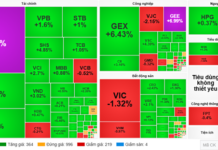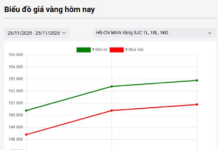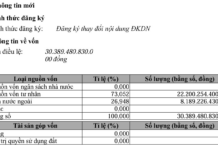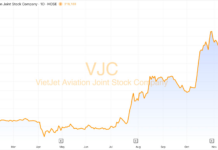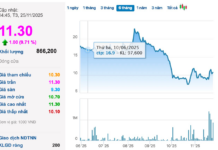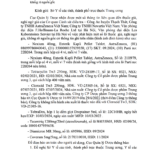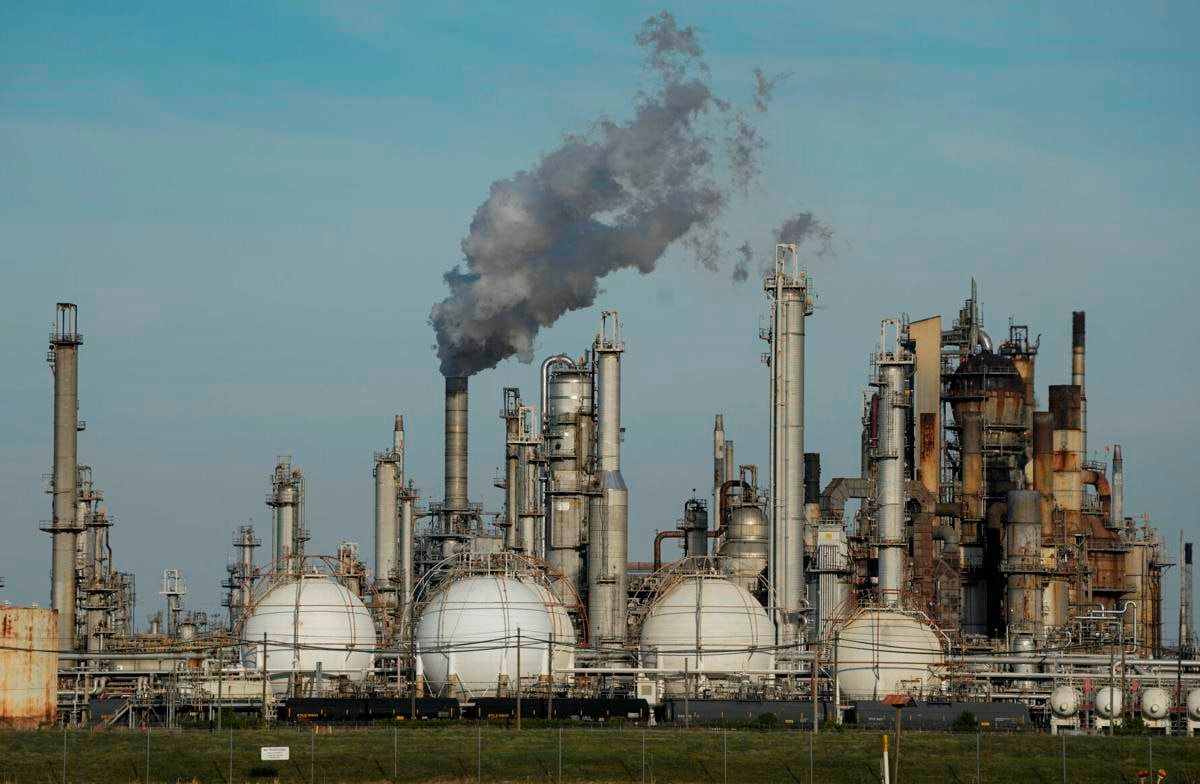
In a bold forecast for the energy market, JP Morgan predicts that Brent crude oil prices could plummet to $30 by the end of fiscal year 2027. This projection is driven by a worsening global oversupply, which is outpacing demand growth.
The investment bank’s latest outlook suggests that even with steady oil consumption over the next three years, the influx of new supply—particularly from non-OPEC+ producers—will overwhelm the market, exerting significant downward pressure on prices.
Brent crude has already declined by 14% year-to-date, trading at a relatively stable $62.59 per barrel on November 24, as the oil market awaits updates from renewed peace talks in Ukraine.
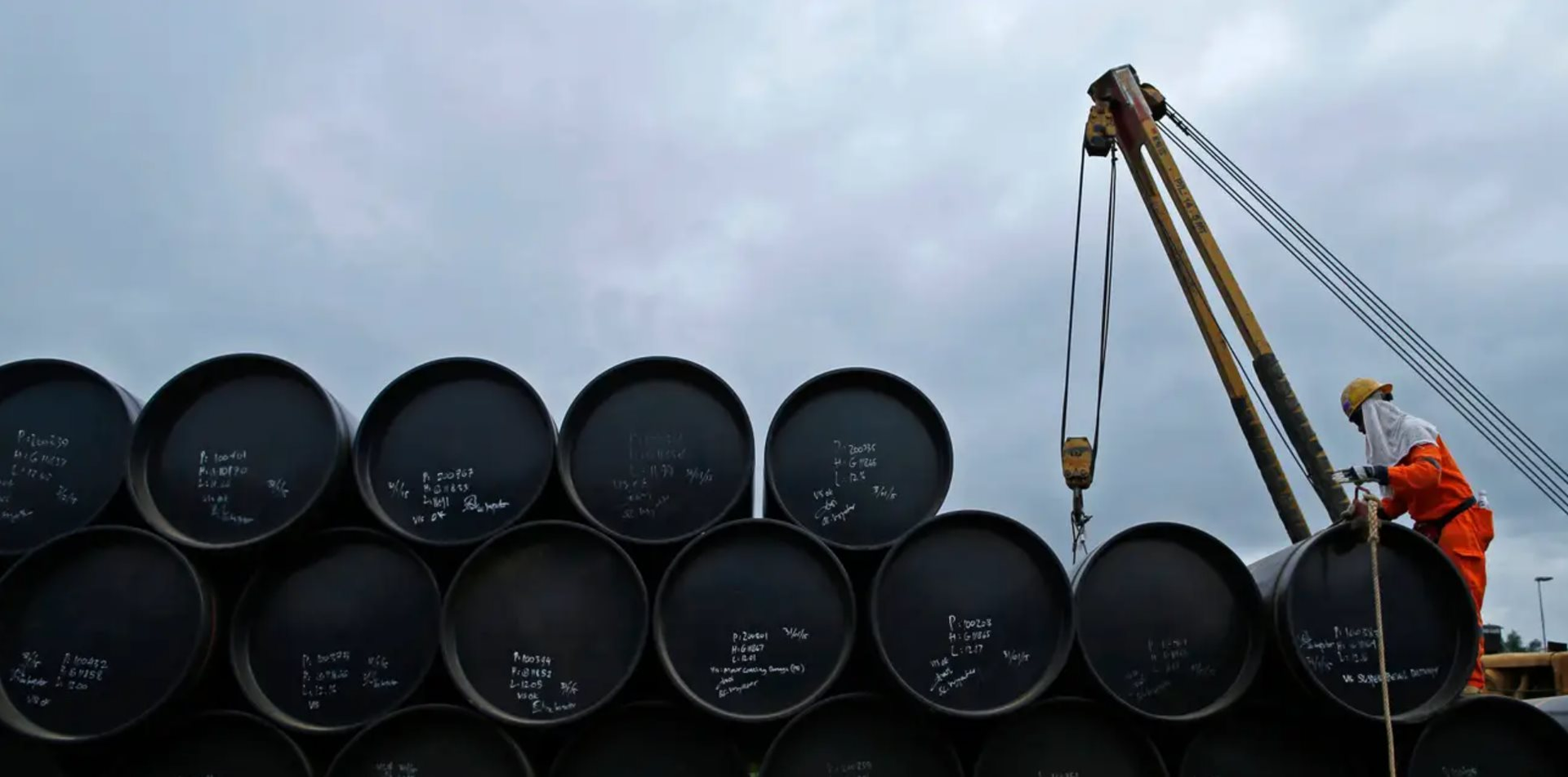
Brent crude prices have dropped by 14%.
The United States and Ukraine held negotiations in Geneva on Sunday, which both parties described as “highly productive.” They agreed to continue in-depth discussions on a “refined” peace plan initially proposed by the U.S. last week.
Oil prices are expected to decline further due to ample supply from OPEC+ and non-OPEC producers in the Americas. However, analysts and investment banks currently do not anticipate prices falling below $40, despite oversupply concerns.
A resolution to the Ukraine conflict would significantly impact energy prices, as some sanctions and restrictions on Russia could be eased.
Consequently, oil prices are projected to continue falling in 2026, with U.S. benchmark WTI crude averaging $53 per barrel that year, according to Goldman Sachs.
Last week, Daan Struyven, co-head of global commodity research at Goldman Sachs, told CNBC that the bank expects oil prices to decline further next year, advising investors to short oil now.
Goldman estimates a 2 million barrel-per-day surplus next year but notes that 2026 will mark the final year of this significant supply wave.
Struyven added that the oil market is expected to rebalance by 2027, as 2026 will see “the last major wave of oil supply hitting the market.”
Fuel Prices Dip Slightly Following Sharp Surge
At 3:00 PM on October 6th, the Ministries of Industry and Trade, and Finance jointly announced adjustments to fuel prices, with increases and decreases varying by product type.

